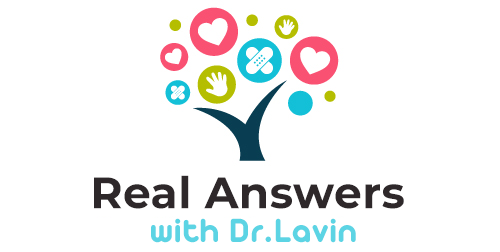Readers of Real Answers know that we have written about the story of supplemental vitamins for years.
The most recent hero of the vitamin supplement movement, Vitamin D, has been the subject of posts on Real Answers for over 10 years.
Those following the trail of the facts know that there have been a ceaseless parade of vitamins put forward as cures or preventions for a rather astonishing range of diseases and conditions. Many have tried, all but one have failed. The list of those vitamins hoped to be good medications but are not include all but one of the B vitamins, Vitamin C, and Vitamin E.
Diseases that Vitamin D has been claimed to prevent, cure, or make less severe include: colds, osteoporosis, heart attacks, strokes, cancer, childhood asthma.
In every instance when people actually looked to see, how did people who lots of extra Vitamin D do with each of these problems, compared to people who did not, it was found that Vitamin D totally failed to deliver any benefit, and in some instances made the situation worse.
Now come two articles in the main journal of the AMA, JAMA. One looks at Vitamin D and atrial fibrillation and one looks at Vitamin D and COVID.
Vitamin D and Atrial Fibrillation
This article examined the claim that if you take extra Vitamin D, or fish oil, your chances of having atrial fibrillation will decrease. This is right in line with long-standing beliefs that fish oil and Vitamin D help prevent heart disease.
The study looked at 25,199 women and men age 50 and older over a 5 year period of treatment and follow-up, with comparison to taking only placebo.
The daily Vitamin D dose was sustained and very high, 2,000 IU a day.
Did fish oil reduce the chance of experiencing atrial fibrillation?
Did taking Vitamin D reduce the chance of experiencing atrial fibrillation?
The answer to both questions was very clear: NO
Vitamin D and COVID
The one on COVID looked at 240 people with moderate to severe COVID and asked, did use of Vitamin D early in the course shorten the time they had to be hospitalized, or more simply put, did Vitamin D lessen the severity of their significant COVID?
The answer was very clear: NO.
https://jamanetwork.com/journals/jama/fullarticle/2776738
The dose of Vitamin D was quite massive, it was 200,000 IU, a truly huge amount. And even at that walloping amount of Vitamin D, no impact on the severity of even significant levels of COVID disease.
Bottom Lines
- Vitamin D is in good company. Along with Vitamins C, all the B’s but one, and E, the concept of taking vitamins as a pill simply fails to deliver any benefit, and in many instances makes things worse.
- Most, not all, people have come to accept that Vitamin C cannot prevent colds or keep someone from getting cancer, and most if not all have made their peace with the fact that pills of Vitamin E actually increase the chance of heart disease, not lower it. Maybe its time to accept Vitamin D also is a great nutrient, but a lousy drug.
- And, do you remember the only Vitamin that has proven to be helpful as a drug? That is, provides some observable benefit reliably to large numbers of people when taken well beyond its essential nutritional levels?
That answer is folate. Women who take 400 mcg of folate prior to conception and through pregnancy see a near elimination of their babies suffering the development of spina bifida. This fact is supported by the near elimination of this phenomenon since folate entered prenatal vitamins.
And, one other benefit from folate looks very likely.
More and more studies show that women who take 800 mcg of folate prior to conception and through pregnancy see the chances of their babies developing autism spectrum disorder drop by about 50%, and for some women with a certain genetic trait, that drop can go over 80%. We await proof in the field, actually seeing autism spectrum disorder rates drop in a population to be sure this benefit is reliable.
To your health,
Dr. Arthur Lavin








No comments yet.